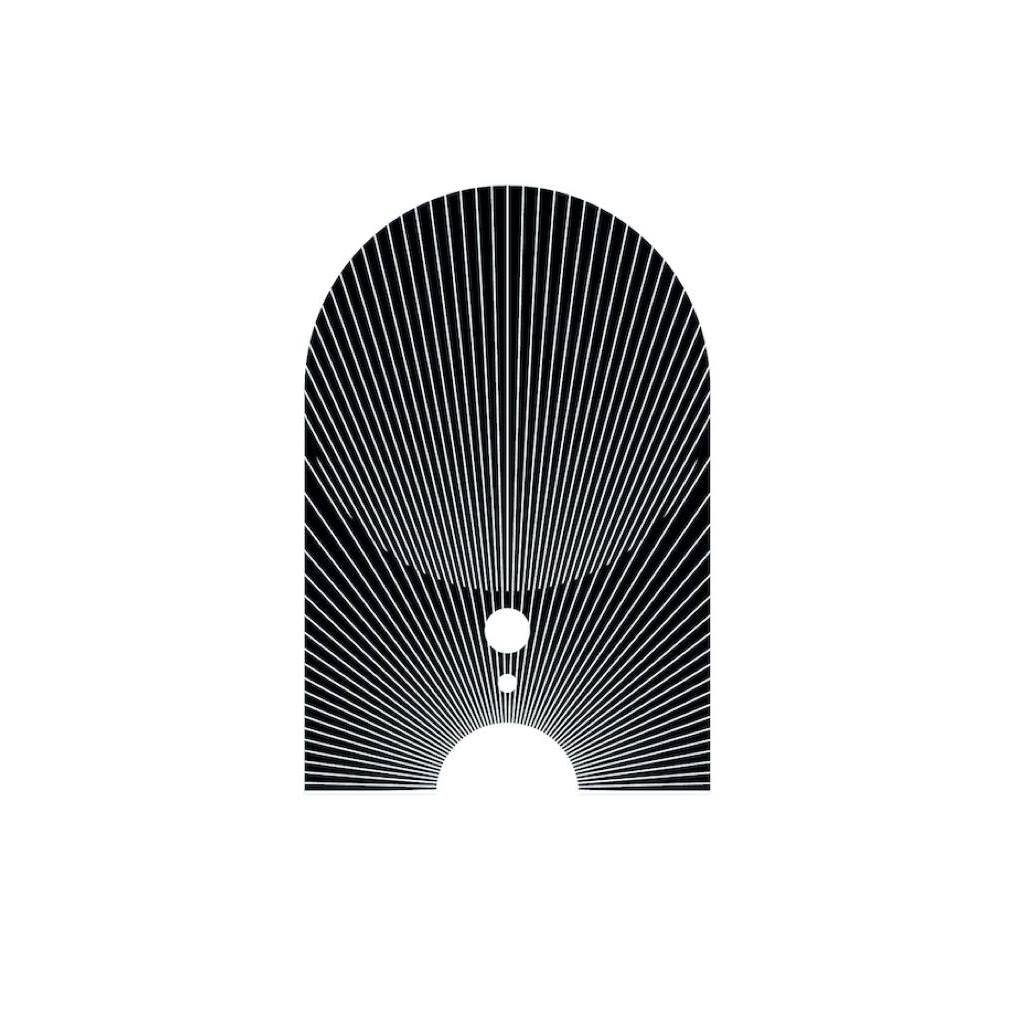j. lucas hughes
J. Lucas Hughes lives with his wife and two children on the Eastern Shore of Maryland, where he works in natural resource conservation. He is a singer-songwriter, multi-instrumentalist and visual artist with a degree in philosophy. His poetry and creative non-fiction have most recently appeared in Bacopa Literary Review, 42 Stories, and Lucky Jefferson. He is grateful for every person who takes the time to read his work.
an excerpt from “the glass heart”
Clara kept her glass heart locked in an impact-resistant fireproof case designed to hold a handgun. Sometimes at night, when she couldn’t sleep, she thought she could hear it beating in there. It was a sound that, considering her heart’s material constitution, was more like someone announcing a toast with a cheap champagne glass than your typical stethoscopic amplification or telltale pulse. Clara wondered if her husband could hear it. The thought troubled her, but he was a drinker and snored, and it was the kind of sound you really had to listen hard to hear.
Clara’s heart was cracked, but her husband wasn’t the one who had cracked it. He only lived in the shadow of its fragility. Partly she’d chosen to marry him because he wasn’t the type to go nosing around in a locked box piled under the mountain of shoes at the bottom of her closet. He wasn’t exactly what you would call a curious man—at least when it came to her—and anyway, he had his own locked boxes, containing actual guns.
Sometimes, when Clara was sure no one was around, she would carefully remove the heart from its padded case and gently place it on one of her goose down bed pillows, scrutinizing it under a lamp with a jeweler’s loop bought expressly for that purpose. Every time she went through this procedure, which had become like a ritual, she was convinced that the crack in her heart must be getting worse, that tiny hairline fractures were reticulating from the central fissure and that any day, without warning, her heart was going to shatter. Still, sometimes when you examine something for as long as Clara had been examining the crack in her glass heart, you lose discernment; the very thing you’re looking at becomes unintelligible. So, she couldn’t be sure. She had doubts.
It was important that Clara’s heart-box was fireproof because rapid heating and cooling of glass can render it more fragile and susceptible to shattering, and if there was an unexpected blaze, the heart might be pulverized—or worse: it might melt. And if it melted, it wouldn’t be the right shape anymore. It wouldn’t be her heart, per se. It would be someone else’s. Or maybe it wouldn’t be a heart at all.
In Clara’s mind, there was some question whether the crack in her heart was a congenital deficiency, the result of careless handling during her infancy, the consequence of various stresses she’d faced during her formative years, or, rather, if it was something that came later, at the hands of various ill-mannered men she’d known in her more recent past. Regardless of the crack’s provenance, the heart itself had become like a keepsake, kept in memory of the person she’d been before the fissure appeared: a relic from her prelapsarian years. That is, if there had ever truly been such an era in her life. Again, she had doubts.
Sometimes Clara felt she must have been damaged from the get-go, that her heart was simply a fragile reproduction of something that never existed in the first place. Perhaps there had never been an original article. Perhaps her heart was the imitation of a myth.
Read more “The Glass Heart” in Solum Journal Volume I.

